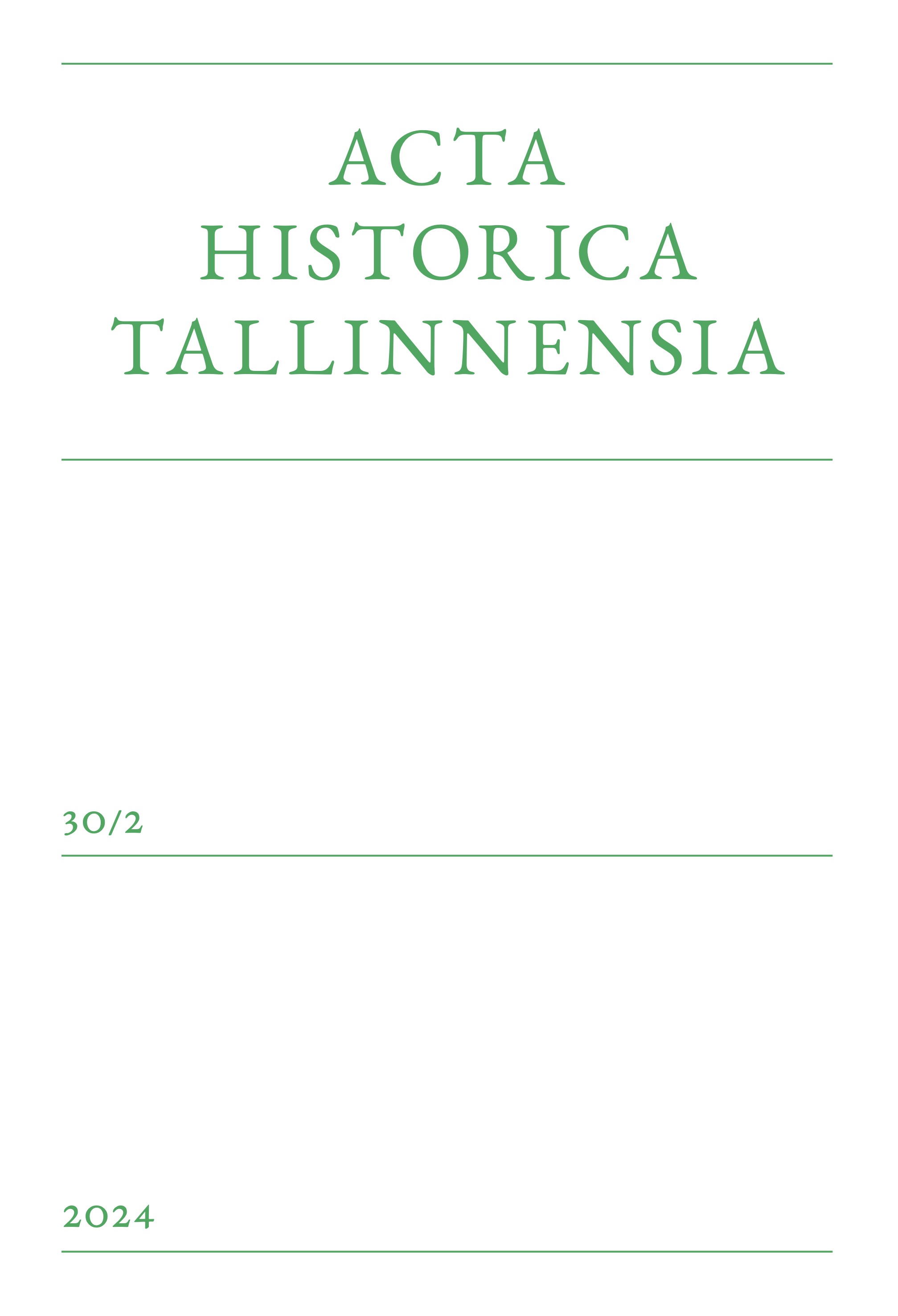„Sina oled inimene nii hästi kui mina“. Valgustuse mõtteloost Baltimaades
“You Are as Much a Human as I Am”: On the Intellectual History of Baltic Enlightenment
Author(s): Pärtel PiirimäeSubject(s): History, Philosophy, History of ideas, Social history
Published by: Teaduste Akadeemia Kirjastus
Keywords: enlightenment; history of thought; Baltic countries; public enlightenment; philosophy; serfdom; Immanuel Kant; social reform;
Summary/Abstract: The introductory article of the special issue on Baltic Enlightenment in Acta Historica Tallinnensia examines the nature of Enlightenment and its specific features in the 18th-century Baltic provinces, focusing on the self-image and main goals of the Enlightenment authors. It does not define Enlightenment narrowly as a philosophical movement or as the intellectual elite’s aspiration for independent reasoning according to Immanuel Kant’s well-known definition. Instead, it treats Enlightenment as a broader transformation in the culture of knowledge in the 18th century and as a social reform programme aimed at the improvement of humanity and society to achieve general well-being. The article emphasises the connection between theory and practice in Enlightenment thought, as well as the role and significance of popular enlightenment within Enlightenment ideology. It argues that Enlightenment authors in the Baltics merged the idea of a unified humanity transcending social divisions with the requirement to obey spiritual and political authorities and to limit moral and material progress within one’s social rank. The introductory article also gives a brief overview of the articles in the special issue. Two articles, by Tiina-Erika and Meelis Fridenthal, and Aira Võsa, explore theological and religious aspects of the Enlightenment, focusing on the roles of prayer books and hymnals, respectively, in promoting popular Enlightenment in the Baltic provinces. Pärtel Piirimäe’s article examines the conceptualisation of freedom in essays submitted to the 1766 prize essay competition organised by the St. Petersburg Free Economic Society, with a focus on the ideas of Johann Georg Eisen, the most radical critic of serfdom in the Baltics at the time. Kadi Kähär-Peterson investigates how Garlieb Merkel interpreted and adapted Rousseau’s and Hume’s social contract theories in his opposition to Baltic serfdom. Finally, Simona Sofija Valke analyses the Mitauische Zeitung’s coverage of revolutionary events and literature from France between 1789 and 1795, shedding new light on the Enlightenment communication network in the Baltic provinces.
Journal: Acta Historica Tallinnensia
- Issue Year: 30/2024
- Issue No: 2
- Page Range: 167-178
- Page Count: 12
- Language: Estonian

